Study

Over 260 programmes to choose from, the possibility to study at university regardless of your financial situation, 5 campuses and many services to accompany you on your path
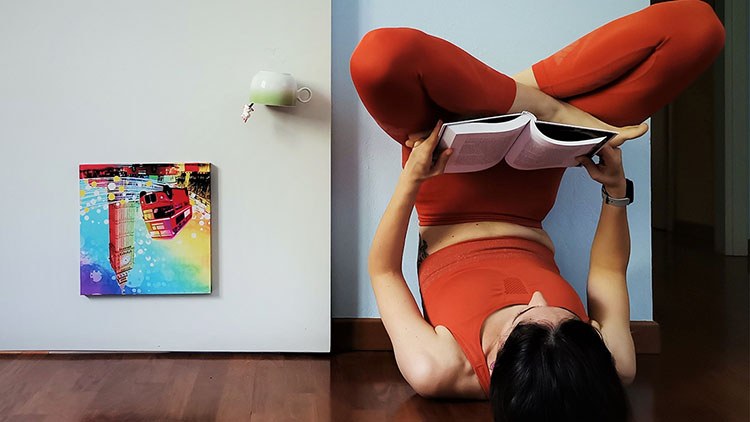
Guide to choosing your programme
Browse the possibilities according to your profile and interests.
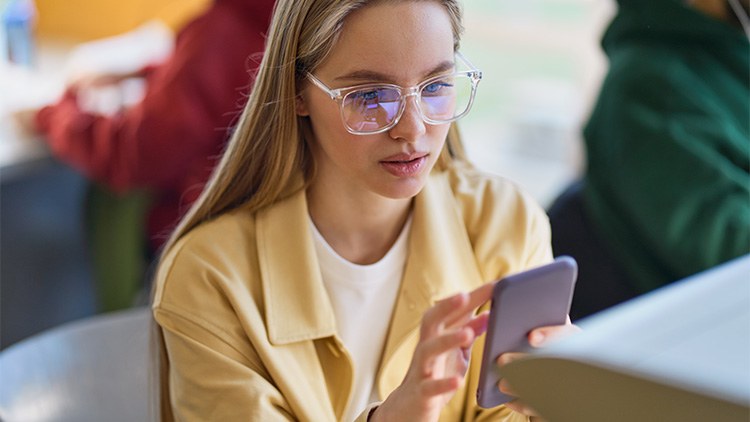
First and Single cycle degree programmes
Explore the programmes you can enrol in with a high school diploma or if you wish to gain a second degree.
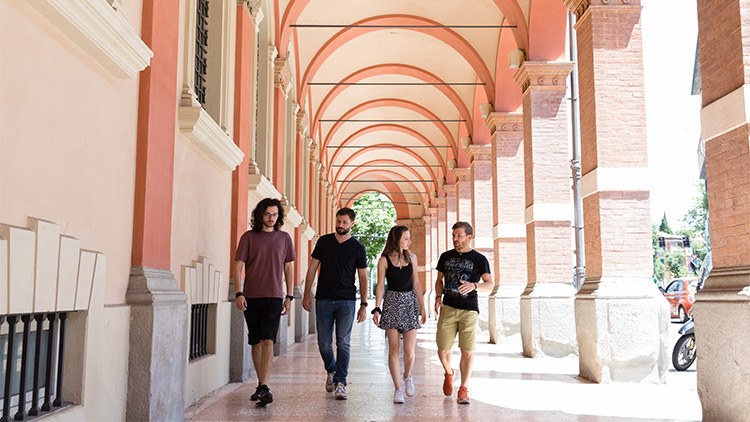
Second cycle degree programmes
Continue your studies after graduation and specialise your skills.
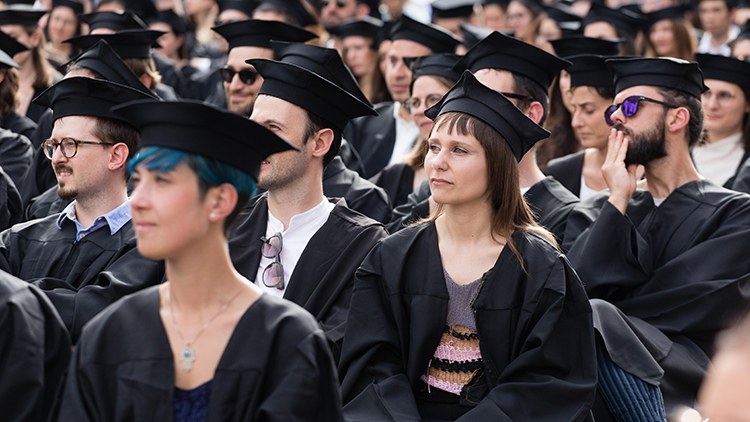
PhDs and Professional Masters programmes, Specialisations and advanced training
Discover the different opportunities to enrich your educational curriculum: PhDs, Professional Masters programmes, further education courses, Specialisation Schools, Summer and winter schools
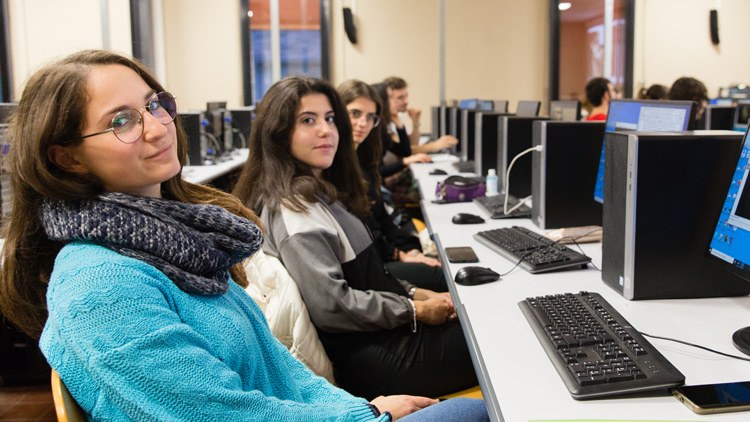
Scholarships and funding opportunities
Many forms of economic support including exemptions and subsidies will enable you to continue your studies regardless of your financial situation.
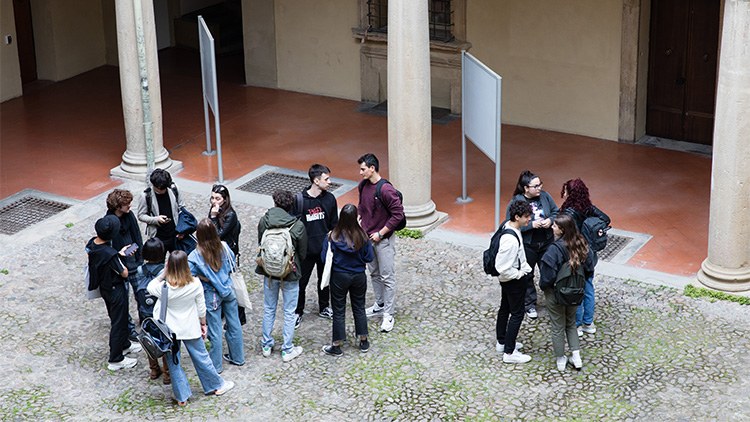
Enrolments, transfers and other procedures
The administrative steps from entering university to the end of your studies: all the information you need and the people who can support you in case of need.
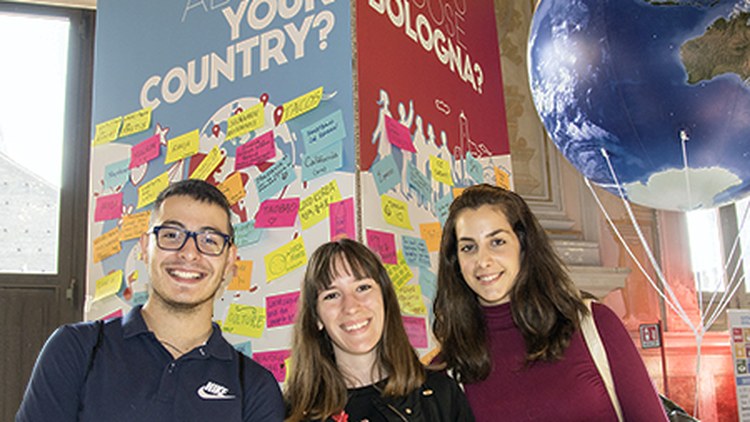
International experiences abroad and at University of Bologna
Explore opportunities to enhance your university experience with an international dimension through mobility periods abroad or participating in a study exchange programme in Italy.
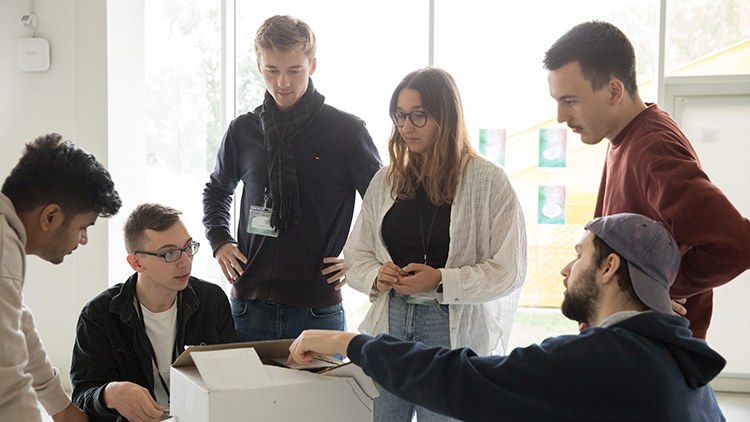
Towards the job market
Resources and initiatives to prepare you for the job market: guidance and placements to gain practical experience and strategies to build a solid professional foundation.
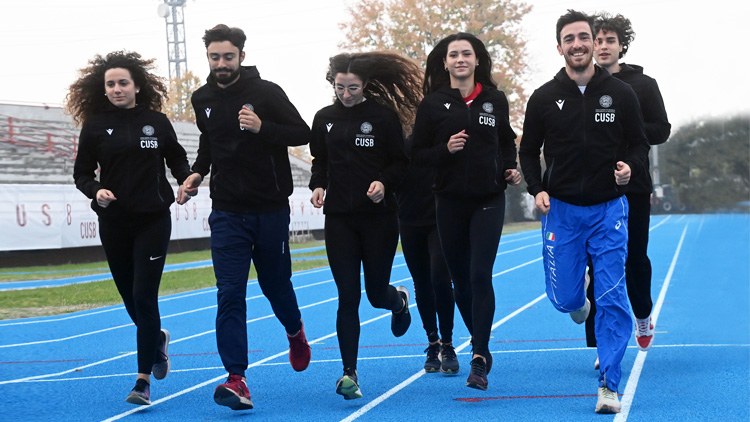
Living university life
Services and people who will accompany you through your studies, the opportunities you have to cultivate your interests and gain study experience abroad.
